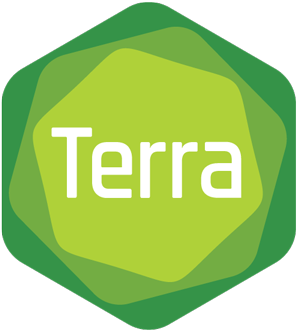As the new year dawns and coronavirus vaccines begin to roll out to frontline workers across the globe, we see unfolding before us the extraordinary demonstration of what the biomedical research community can accomplish given the right data, tools and collaborative structures.
It’s in that same spirit that our teams — at the Broad Institute of MIT and Harvard, and Verily — have been working to enable the next generation of collaborative biomedical research by building Terra, an open and standards-based platform that connects researchers to each other and to the datasets and tools they need to achieve scientific breakthroughs.
Earlier today, we announced that we are taking the next step in this journey by joining our efforts with Microsoft, a partner that truly needs no introduction. This multi-year partnership will bring together advanced technologies, industry expertise, and scale to accelerate the next generation of the Terra platform for health and life sciences research. Additionally, with this partnership, the Terra platform will support both Google Cloud and Microsoft Azure, allowing more researchers and their respective organizations to make use of the platform.
An open data ecosystem for health and life sciences
With the size of biomedical data growing ever larger, the cloud has become the natural home for petabyte-scale datasets. In the cloud, these massive datasets can be accessed and analyzed in place, a far more scalable alternative to the traditional model of sharing data by distributing copies.
But why stop there? The value of health and life sciences data is maximized when the data is liberated from its silos. Imagine an open data ecosystem where you can perform integrative analyses securely and reproducibly across federated datasets large and small, in collaboration with other researchers across the world. (And imagine it’s built with interfaces tailored for biomedical scientists so you don’t need to get an engineering degree to use it.)
Well, you don’t have to imagine it. The open data ecosystem has already started taking shape, with multiple data and tool repositories operated by various participating organizations; and Terra acting as a hub that with patient consent, connects them and brings together data generators, tool developers and biomedical scientists to accelerate scientific discoveries.


What may require some imagination, however, is to envision what comes next. With our collaborators at various academic institutions, federal agencies and organizations such as the Global Alliance for Genomics and Health (GA4GH), we have built a solid foundation for empowering life sciences research on an unprecedented scale. Yet there remain some key challenges on the road to realizing the full potential of this open data ecosystem concept when it comes to advancing healthcare in the age of precision medicine.
Welcoming Microsoft to the Terra ecosystem
We believe these challenges call for deep experience and a track record of success in delivering innovative technology and enterprise-grade solutions built with security and privacy in mind; that is why we are thrilled to have Microsoft join us as an equal partner in the development and operation of the Terra platform. As such, Microsoft will dedicate software engineering resources to further developing Terra; lend their machine learning expertise to scientific advancements through Terra; and help drive adoption in the clinical sphere thanks to the global network of more than 168,000 healthcare organizations they already serve.
If you are already using Terra, this means you can look forward to some major functional upgrades to the Terra platform infrastructure, including support for accessing and analyzing data on Azure, the Microsoft cloud. We’ve always felt strongly that the open data ecosystem should be multi-cloud, so we’re delighted to take the first step toward making that a reality.
More generally, we’re very excited about Microsoft’s deep expertise in a number of complementary fields, ranging from scalable computing, to artificial intelligence, to connection with healthcare systems. This is a wellspring of opportunities for us to improve the Terra platform to better serve the needs of the thousands of researchers who already trust us with their work, and the uncountable more who will come to participate in the biomedical data ecosystem through Terra as a result of this partnership. If you are one of them, we look forward to witnessing the amazing breakthroughs you will achieve.



